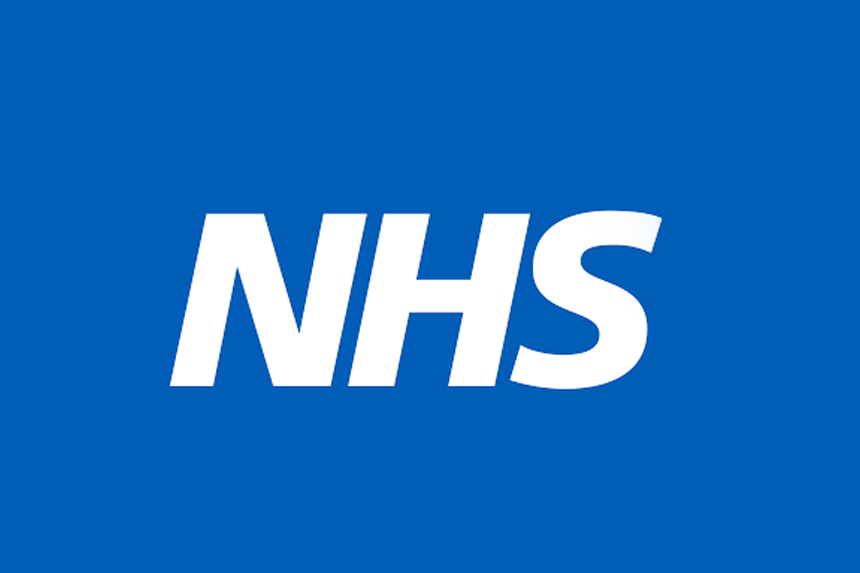Chronic Failures and Urgent Reform Needed to Save Lives, Say Key Officials.
With one of the top doctors warning that NHS England is in “serious trouble,” a devastating assessment commissioned by the UK government has exposed that the “ballooning” waiting times and delays in emergency care are costing lives. Prime Minister Rishi Sunak has responded to the results, stating that people have “every right to be angry” and that the NHS had to “reform or die.”
Is the NHS on the Verge of Collapse?
Concerned about the NHS’s survival, Health Secretary Wes Streeting warned that should the government neglect to make immediate changes, the NHS may “go bust”. He underlined the leading causes of the strain on the NHS: an ageing population, a growing number of sick patients, and rising expenses. “Rather than a country with an NHS, if we’re not careful we’ll have an NHS with a country attached, more likely an NHS that goes bust,” Streeting remarked.
Streeting promised to allocate more NHS funding to general practitioners (GPs), social care, and community services to relieve the hospital load. “Not hospitals, primary care and community services will be the first port of call for new money,” he said.
What is Labour's Vision for the NHS?
Labour leader Sir Keir Starmer promised “the biggest reimagining of the NHS” since its inception in 1948 in response to the report. Set to be covered in a 10-year reform strategy, Starmer’s proposal emphasises three main areas of change: the move to a digital NHS, a movement in care delivery from hospitals to community services, and a focus on preventative healthcare.
Emphasising that the health service had to change to meet the growing needs put on it, Starmer remarked, “The NHS is at a fork in the road.” “We can reform to ensure its future or increase taxes on working people. Reform or perish as working people cannot afford to pay more.”
What Does Lord Darzi's Report Reveal?
The paper, directed by independent peer and NHS surgeon Lord Darzi, presents a dismal view of the NHS. Comprising nine weeks, the assessment was commissioned by Labour immediately following the general election to evaluate the shortcomings of health care. Although the study did not look at creating remedies, the results revealed what Lord Darzi called a “critical condition” inside the NHS.
“I have worked in the NHS for over 30 years, but I have been shocked by what I have found during this investigation,” Darzi said. According to his assessment, the COVID-19 epidemic’s aftershocks still wreaked havoc on the NHS’s cancer treatment objectives, Accident & Emergency (A&E) services, and hospital operations. The paper contended that this has helped to lower survival rates in vital fields such as heart disease and cancer.
How Have Years of Neglect and Austerity Affected the NHS?
One of the main complaints in the study was centred on austerity policies carried out throughout the 2010s, which, Lord Darzi claimed, left the NHS “chronically weakened.” Years behind the private sector in digital innovation, a lack of investment in structures and technology has produced decaying hospitals, antiquated equipment, and infrastructure lagging years behind.
“The NHS entered the epidemic in a depleted state,” the paper said. As a result, more hospital treatments were cancelled in the UK than in any other similar nation, which added to the mounting waiting list—which currently counts 7.6 million.
Highly critical of the coalition government’s 2012 measures as well, the study labelled them as “disastrous.” These changes rearranged the NHS’s management system, resulting in a diversion that almost ten years of operation devoured most healthcare resources.
Is the Nation's Health at Risk Beyond the NHS?
The declining health of the UK population has further taxed the NHS. Along with growing mental health difficulties among young people, the research notes an increase in patients with long-term diseases like diabetes, high blood pressure, and respiratory disorders. It cautions that this declining general health of the population is affecting the NHS and endangering its fiscal viability.
“The state of the NHS is not entirely due to what has happened inside the health service but also because the health of the nation has deteriorated,” the study said. Poor health is thought to be the reason for the 2.8 million projected inability to work among individuals, thus severely dragging on the economy.
How Severe is the Crisis in Emergency Care?
The report’s shocking disclosure of the appalling condition of A&E facilities was one of The Royal College of Emergency Medicine’s beliefs that long delays in emergency departments are probably causing 14,000 more fatalities annually. “People’s loved ones who could have been saved,” Starmer added in an emotional message. “Doctors and nurses are impeded from doing their true vocation of saving others. It’s heartbreaking.
The number of patients treated has stayed the same, which aligns with the rise in NHS personnel levels following the epidemic. The analysis revealed that patients no longer move through hospitals as they should, aggravating inefficiencies and increasing waits.
What is the Impact of Crumbling NHS Infrastructure?
The study also underlined the NHS’s failing infrastructure, which has seen certain NHS services run out of “decrepit portacabins” and mental health patients kept in “Victorian-era cells infested with vermin”.” Darzi noted the significant discrepancy between NHS facilities and those in other industrialised countries, “The NHS has been starved of capital investment.”
These disorders significantly influence mental health services, as many vulnerable patients get treatment in unsuitable surroundings.
What is the State of Social Care?
Beyond the NHS, Lord Darzi also focused on England’s similarly alarming social care situation. Saying it lacked “valuation or resourced sufficiently,” he attacked its ongoing underfunding and lack of political attention. This has left more households bearing care responsibilities, therefore taxing the NHS. “The NHS and families are being increasingly burdened by the widening discrepancy between publicly funded social care and people’s needs,” he added.
What Immediate Actions Are Being Proposed?
Conservative voices have questioned if enough is being done even while the Labour administration pledges reform. Shadow Health Secretary Victoria Atkins criticised Labour for abandoning ideas for new hospitals and social care reforms, accusing the party of failing to translate “rhetoric into action”. “The Labour government will be judged on its actions,” she stated. “It has stopped new hospitals from being built, reverted our social care reforms, and taken money from pensioners to fund unsustainable pay rises with no gains in productivity.”
Notwithstanding this, former Conservative health minister Lord Bethell supported the prior administration’s policies but acknowledged that maybe not enough had been done to equip the NHS for the difficulties it currently encounters. Bethell said: “The reason money was not spent was not some kind of conspiracy to wreck the NHS, but because it has been impossible to persuade the Treasury that we will get a return on investment by investing in NHS capital.”
What is the Future of the NHS?
The future of the UK’s health system teeters on NHS waiting times soaring, critical care in peril, and both main political parties advocating reform. As Starmer warns, the country is now at “a fork in the road,” when bold action might ensure the survival of the NHS—or inactivity could cause it to fall apart.








